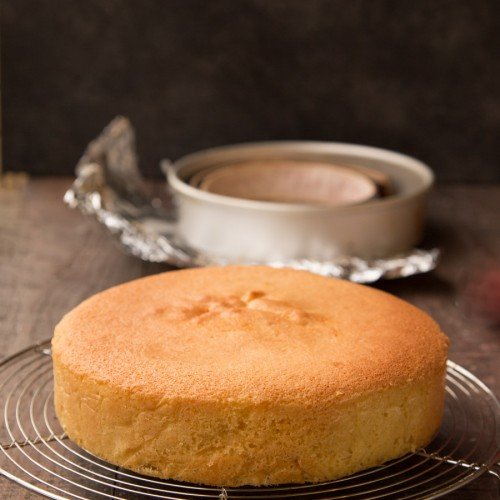

As such, your baking powder can lose its effectiveness over time as it reacts with moisture in the air. When water is added you get CO₂, a salt (not necessarily NaCl), and water. Baking powder is an acid-base mixture in dry form. With the corn starch I'd add ⅓ of a teaspoon for every teaspoon (do the math). As far as substitution goes, it is 1 to 1 with no corn starch. If you're not storing the baking powder, the corn starch is really not necessary. The cornstarch is just to act as an anti-caking additive. You'll also find these directions on the inside cover of just about any cookbook (or where ever they have the substitutions section). Levelers are the little feet under your washer so that you can level it. Baking powder, you have some explaining to do! I know its shocking, but just click on, and you'll see the lies unfurl. (Think sponge cake) But did you know that you could MAKE baking powder? YUP! And here's another little secret: its made out of baking soda! Whoa, sit back down. This is caused by a chemical reaction achieved when moisture is added to the baking powder releasing carbon dioxide, which gets trapped inside tiny air pockets in the dough. Maybe you already knew that both baking soda and baking powder are used as "levelers" in baked goods which help the dough rise and create a fluffy-ish texture. What are you, oh baking powder? You mysterious white powder in a strange container! What are you capable of doing? Why do trustworthy recipes call out for you by name? I mean sure, no one really knows what baking soda is either, but at least it has a bulging arm emblem that immediately recalls strength, and assumingly, a purpose of some sort. That mysterious little ingredient hiding in your pantry, taken out occasionally to help the other, more important, ingredients make a cake.


 0 kommentar(er)
0 kommentar(er)
